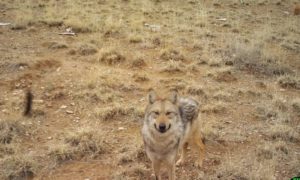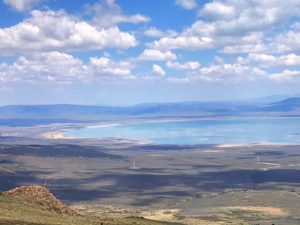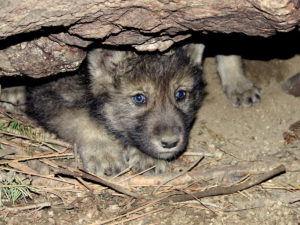September 21, 2015
Online Messenger #320
Promises written on pieces of paper don’t protect species from the adverse impacts of livestock grazing. The Bureau of Land Management (BLM) has failed to fulfill its promises to manage grazing to prevent further impacts to the Little Lost core area of the Columbia River bull trout, and so they have now been sent another piece of paper: A 60-day Notice of Intent to sue for violations of the Endangered Species Act!
The Little Lost River core area of the Columbia River bull trout is extremely imperiled and population levels are greatly depressed due to degraded habitat, excessive sedimentation, high water temperatures, and the dewatering of streams. WWP has documented for years how grazing in this fragile, arid valley causes serious ecological damage.
In 1999, the BLM promised to exclude livestock, monitor impacts, and rehabilitate problem areas in the Little Lost watershed to ensure that livestock grazing would not harm the species within the Little Lost River and its tributaries. Despite these commitments, field monitoring and records obtained by WWP show that areas BLM promised to close to grazing are being grazed, trespass grazing regularly occurs, monitoring assurances are not being met, and numerous on-the-ground conditions have changed that may adversely affect habitat, necessitating a fresh look at how ongoing grazing operations are impacting the fish.
Today’s Notice letter lets the BLM know that WWP is aware of their broken promises and that we’re going to sue them for violating the Endangered Species Act unless they fix the problems in the next 60 days.
Read the letter here.







